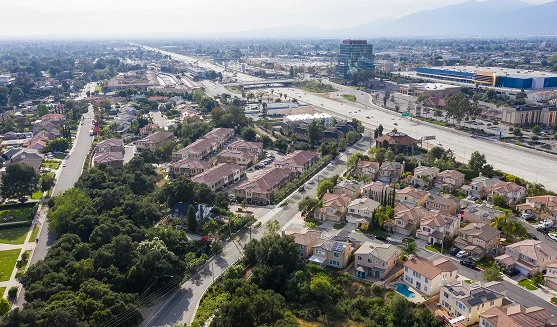
Accident Reporting Requirements
Under California Vehicle Code §20008, if you’re involved in an accident involving injury or death, you must file a written report with the California Highway Patrol or local police department within 24 hours. If police come to the scene, they usually handle this. You must also report the crash to the DMV within 10 days if it resulted in injury, death, or over $1,000 in property damage (Form SR-1).
Minimum Insurance Requirements
California requires the following minimum car insurance coverage:
- $15,000 for injury/death to one person
- $30,000 for injury/death to more than one person
- $5,000 for property damage
While these are the legal minimums, they may not be enough to cover serious accidents. Many drivers opt for higher limits or uninsured/underinsured motorist coverage.
Comparative Negligence: Shared Fault Rules
California uses a pure comparative negligence system. Even if you’re partially at fault, you can still recover damages—but your compensation is reduced by your percentage of fault. This is governed by Civil Code §1714.
Example: You’re 30% at fault in a crash and suffer $100,000 in damages. You can still recover $70,000.
Statute of Limitations
According to Code of Civil Procedure §335.1, you typically have 2 years from the accident date to file a personal injury lawsuit. For property damage claims, the deadline is 3 years. If a government vehicle was involved, you must file a claim within 6 months.
Duty to Mitigate Damages
California law requires accident victims to take reasonable steps to reduce their damages after a crash. This includes seeking prompt medical care and following treatment recommendations. Failing to do so could reduce your compensation.
Real Client Example: $135,000 Settlement
Our San Jose client was rear-ended by a distracted driver. The insurance company initially offered $12,000. We gathered medical records, photos, and had a biomechanical expert analyze the injuries. Final result: $135,000 settlement. Thorough documentation made the difference.
Key Takeaways
- Report serious accidents within 24 hours and to the DMV within 10 days
- Maintain at least the legal minimum insurance coverage
- Know that fault can be shared—and doesn’t block compensation
- Don’t delay: most claims have a 2-year filing window
- Act reasonably after a crash to protect your claim
Need Help Understanding California Car Accident Law?
Don’t go it alone. Car accident laws are complex, and insurance companies often take advantage of injured victims who aren’t familiar with their rights. West Coast Trial Lawyers has helped thousands of Californians recover after collisions—even when fault was disputed. Get your free case review.










































































